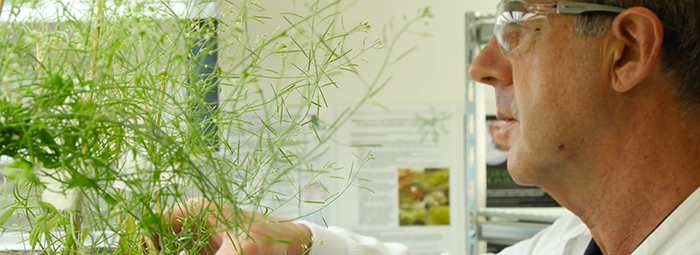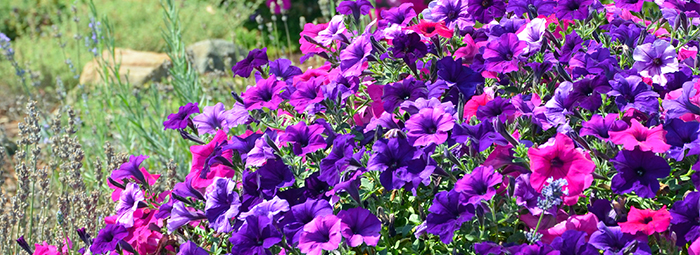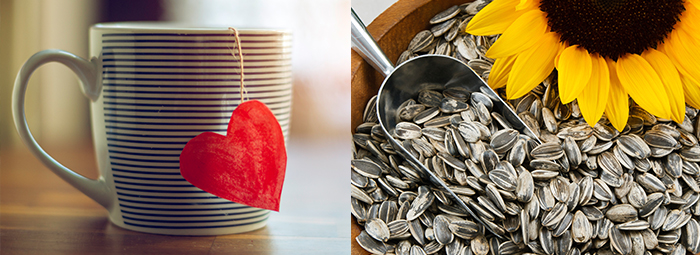Taking medicine in the future could be as simple as eating a sunflower seed or drinking a cup of tea.
IMB’s Professor David Craik and collaborator Professor Marilyn Anderson AO from La Trobe University received $1 million from the Clive and Vera Ramaciotti Foundations, administered by trustee Perpetual, to turn plants into pharmaceutical factories.
Thanks to the award, a world with cheaper, more accessible medicines—particularly for the world’s poor—is not so far away.
“The aim of our research is to create a new generation of drugs to treat everything from HIV to chronic pain,” David said.
“We really think these drugs could have major advantages for the developing world.
“The life expectancy of a male in Tanzania today is only 47 years, largely because of HIV/AIDS—and it’s not that we don’t have good medicines for HIV, the problem is that the medicines are unaffordable for many people there.
“We are working to create drugs that can be grown in fields rather than factories, allowing large-scale, low-cost production in the backyards of the very people who need access to them.”

Starting the cycle
The plant-grown drugs will be based on molecules called cyclic peptides, or cyclotides, that plants naturally produce.
Peptides are mini-proteins made up of a string of amino acids, the body’s building blocks. Unlike most peptides, the ends of a cyclotide are joined together to form a circle, with chemical links across the structure to keep it stable.
“Cyclotides bridge the gap between traditional oral drugs, which are inexpensive but non-specific in their function, such as common painkillers, and protein-based drugs, such as insulin, which are specific but expensive and need to be injected,” David said.
“The cyclotide drugs we are developing are very specific, and can be taken orally, thus simultaneously having the advantages of both traditional and protein-based drugs.
“Ordinary peptides are usually broken down quickly by the body’s digestive enzymes, so we use the chemical trick of joining the ends together to stabilise them.
“The cyclic structure makes these peptide drugs harder for digestive enzymes to get at, giving the drug more time in the body to do its work.
“These drugs may also be safer, as when they eventually get digested they break into individual amino acids, the same as those found in our food.”

Growing success
The research team has already made progress with a pain relief drug made by combining venom peptides from a cone snail with Arabidopsis, a useful plant for genetic studies. The drug has shown positive results in animal trials.
The team is now working with petunia and canola plants for leaf- and seed-based expression of drugs, and potato and soybean as edible bio-pills.
“In ongoing projects with collaborators we are designing peptides for treating cancer, pain, diabetes, obesity, and autoimmune, cardiovascular and infectious diseases,” David said.
“We will be able to combine these peptides with a cyclotide scaffold, then use plant biofactories to inexpensively produce large quantities of the drugs.
“Our focus in the next few years is to optimise the pain relief drug already under development, produce anti-obesity peptides in potatoes, and produce anti-cancer peptides in sunflower and soybean.”
Fruitful partnership
The $1 million funding from the Clive and Vera Ramaciotti Foundations, administered by trustee Perpetual, will be used to establish the Clive and Vera Ramaciotti Facility (CVRF) for Producing Pharmaceuticals in Plants, to be based at IMB.
The facility has the potential to accelerate the development of plant-derived and plant-based pharmaceuticals, revolutionising translation of early-stage discoveries to tangible therapies, and potentially impacting the lives of millions of people.





